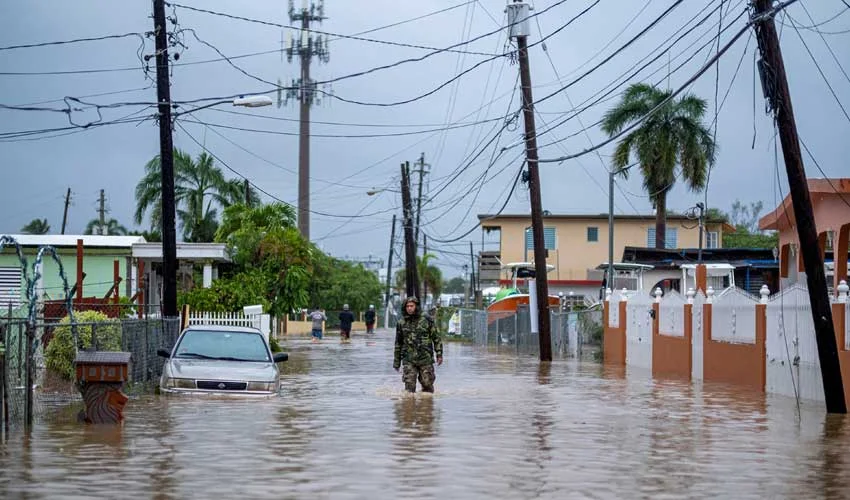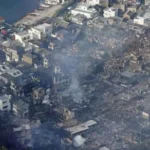Jamaica is grappling with a staggering $10 billion recovery bill after Hurricane Melissa, a Category 5 storm that devastated the island on October 28. Despite decades of building climate resilience funds, the country could only cover $500 million, leaving a $9.5 billion financing gap.
Jamaican cabinet minister Matthew Samuda emphasized at the COP30 climate summit in Belem, Brazil, that the nation seeks grants, investments, and concessional financing—not commercial loans that would deepen debt. “We are victims of the actions of others,” Samuda stated, highlighting that Jamaica contributes minimally to global emissions yet suffers the consequences of climate change.
Melissa unleashed 17-foot storm surges, winds, and nearly 30 inches of rain, causing widespread flooding, landslides, and damage to 192,000 buildings. Scientists say climate change made the hurricane 30% stronger and six times more likely to occur. The storm’s destruction is considered more severe than the economic impact of the COVID-19 pandemic, which had previously caused a 10% GDP loss.
Before the storm, Jamaica had proactively invested in protection measures, including a World Bank catastrophe bond and a parametric insurance scheme, which together provided $240 million. Still, the damage far exceeds these resources, underscoring the urgent need for international climate finance.
At COP30, global negotiators are discussing ways to support vulnerable nations like Jamaica in preparing for escalating climate threats, with UN estimates projecting a need of $310 billion annually by 2035.
#ClimateFinance #HurricaneMelissa #JamaicaRecovery #COP30 #ClimateAdaptation #DisasterRelief #GlobalWarming
Jamaica Faces $9.5 Billion Climate Recovery Gap After Hurricane Melissa
Jamaica faces a $9.5B financing gap after Hurricane Melissa, calling for urgent climate grants and aid at COP30 to rebuild and adapt.







